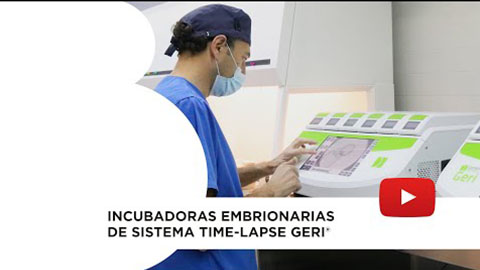
What you should (or should not) eat in order to give birth to a healthy child
We are what we eat. This classic of all classics is particularly important from the time when we try to get pregnant and for the 9 months that a pregnancy lasts because the quality of our diet and whether or not we include or exclude certain nutrients from our diet is key to ensuring that the organism develops correctly.
WHAT YOU SHOULD EAT:
- Everything our child needs it gets from our blood and our blood is nourished by what we eat. This period of a woman’s life does not combine well with diets aimed at losing weight: you need to go back to eating the carbohydrates that give you energy. This includes both the brown cereals that will help you to combat constipation thanks to the fibre they contain and the white ones that will help you to absorb iron and calcium.
- The proteins your body needs during pregnancy increase up to 60g per day. Don’t forget to eat chicken, beef, lamb, etc. Remember that proteins are not only present in red meat. You will find a very healthy source of proteins in legumes (they are a source of iron, potassium, magnesium, zinc and even calcium and the proteins in vegetables have an advantage over the proteins in animals: they generate less metabolic residue and, as such, are less damaging to the liver and kidneys and help to control cholesterol) and in eggs (studies affirm that eating eggs during pregnancy helps to develop the baby’s brain and memory).
- As well as a source of protein, fish will also provide you with minerals. White fish (hake, bass, cod etc.) is a source of selenium and you will find a larger content of fatty acid omega 3 in blue fish (anchovies, sardines, etc.). These are essential for development of the child’s eyesight and brain. Remember that seafood must always be cooked and never eaten raw.
- Don’t ever give up on dairy produce: The calcium and other nutrients they provide you with are essential for forming the child’s bones and if you don’t eat them your body will take them from the reserves stored in your bones and this will weaken you in the future (osteoporosis, dental issues, etc.). Avoid eating skimmed products because even if they have the same quantity of calcium, they lack soluble vitamins A, D, E and K. Vitamin A is necessary for generating the child’s skin and immune system. Remember not to drink untreated milk straight from the animal. Make sure it has been processed (pasteurised, sterilised or UHT).
- Fruit and vegetables will provide you with micronutrients – essential vitamins and minerals for adequate development of the baby. They will also help you to combat constipation. Remember to wash fruit and vegetables carefully before you eat them because they may contain Toxoplasma gondii and insecticides.

YOU SHOULD AVOID:
- Caffeine, because it can lead to a child born underweight or to a miscarriage. If you cannot avoid it, make sure you do not drink more than two cups of espresso coffee. Remember that there is also caffeine in tea, cola drinks and some energy drinks and fizzy drinks.
- Raw or undercooked meat. It can cause toxoplasmosis.
- Fast foods and industrially manufactured confectionery because they contain ‘unhealthy’ fats.
- Raw fish because it can contain anisakis parasite larvae unless it has been stored in the freezer for at least 5 days.
- Undercooked eggs or homemade custard and mayonnaise because of the risk of salmonellosis.
- Soft, non-pasteurised cheeses such as Camembert, Brie, Roquefort, Gorgonzola and Cabrales cheeses because they may contain a bacteria – Listeria – that is harmful to the baby. This bacteria is also found in ready-to-eat poultry meat. Listeriosis is similar to a mild dose of flu for the mother but is a very serious illness for the baby.
- Alcohol: The foetus eliminates alcohol much more slowly than adults and its concentration in blood is greater than in the mother. This can harm brain cells and damage the nutrition in organs. It has an impact on the prognosis of the pregnancy, causing malformations in the foetus and abnormalities in organ development (eyesight, hearing, heart, hepatic system, etc.) and affects the child’s intellect and behaviour later on in life.
- Do not self-medicate. Never take any form of medication without having asked your gynaecologist.
IT MAY ALSO BE OF INTEREST TO YOU:
